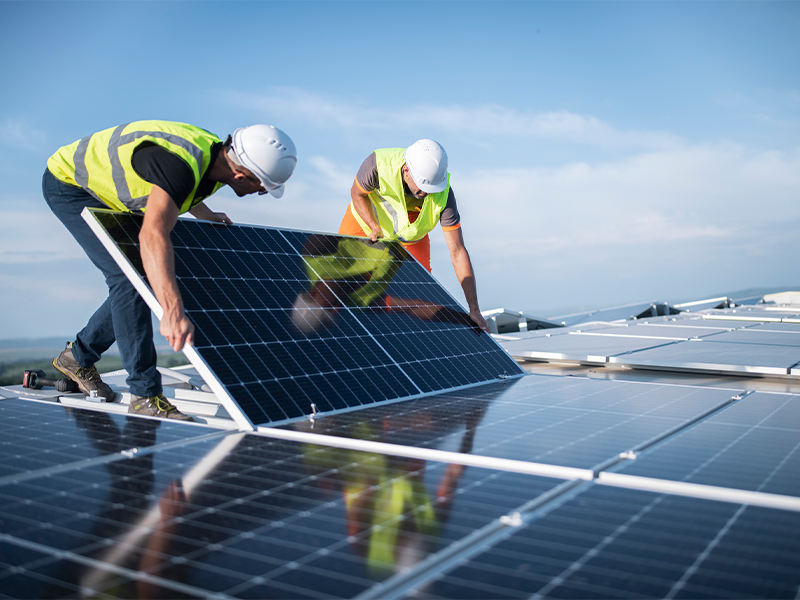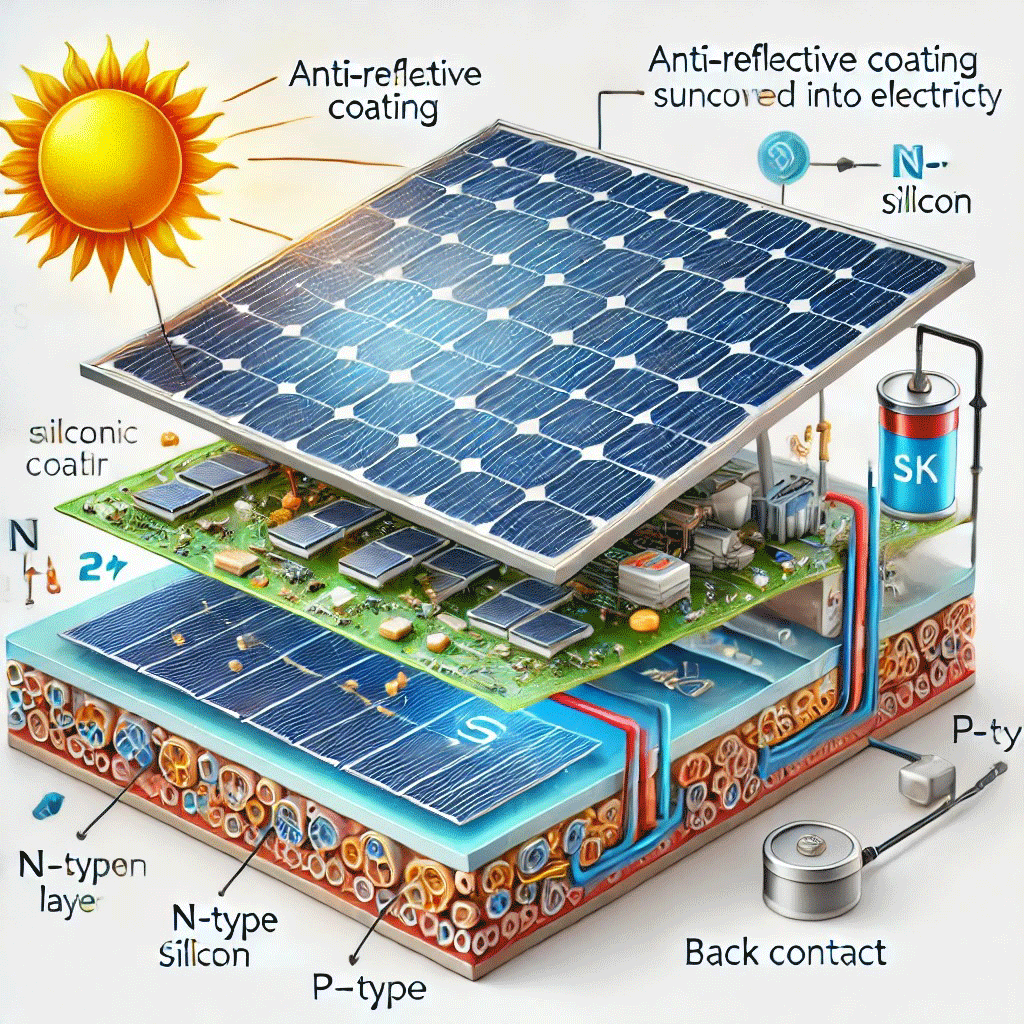Exactly How Solar Power Can Assist You Save Money and Minimize Your Carbon Impact
The combination of solar power into your power portfolio offers an engaging opportunity for both economic savings and ecological stewardship. As various federal government incentives come to be available, the concern arises: just how can one effectively browse the initial financial investments and continuous advantages of solar innovation to maximize both economic and ecological gains?
Understanding Solar Energy Savings
While the change to solar power commonly involves a preliminary investment, comprehending solar power cost savings is critical for property owners and businesses alike. Solar energy systems can significantly decrease power expenses by taking advantage of the sun's energy, equating right into significant lasting financial benefits. By producing their very own electrical energy, customers reduce dependence on grid power, which is subject to fluctuating rates. These cost savings can gather in time, commonly leading to a rapid roi.
Moreover, solar power systems might receive different monetary rewards, including tax credit ratings and refunds, additionally improving their cost-effectiveness. The accessibility of web metering permits customers to market excess energy back to the grid, developing an added revenue stream. These variables add to the general cost savings related to solar energy.

Along with direct financial savings, solar power provides the included benefit of enhancing property value. Houses outfitted with photovoltaic panels are often more attractive to buyers, as they promise lower energy expenses - Simply Solar Illinois. Comprehending these aspects is necessary for any individual taking into consideration solar power, as it highlights not just the potential economic gains, yet additionally the more comprehensive ecological and economic advantages of adopting sustainable energy services
Preliminary Prices vs. Long-Term Conveniences
When evaluating solar power, it is necessary to weigh the initial costs against the long-term advantages. The ahead of time financial investment for photovoltaic panels, installation, and related tools can be substantial, often ranging from $15,000 to $30,000, depending upon the system size and home power demands. This preliminary expense might discourage some homeowners; nonetheless, it is important to consider the possible cost savings over time.
When installed, solar energy systems can dramatically minimize and even remove regular monthly electricity costs, resulting in significant long-lasting economic benefits. Researches indicate that house owners can save anywhere from $10,000 to $30,000 over the life expectancy of their solar system, commonly 25 years. Furthermore, many states use incentives, tax obligation credit histories, and rebates that can balance out initial expenses, making solar more easily accessible.

Reducing Your Carbon Impact
Minimizing your carbon impact is a vital consideration in today's ecologically mindful culture, and embracing solar power is just one of one of the most effective techniques to attain this goal. Solar power is a tidy, renewable resource that significantly diminishes reliance on nonrenewable fuel sources, which are significant contributors to greenhouse gas discharges.

Moreover, the prevalent fostering of solar innovation urges the advancement of green work and supports technologies navigate to this website in power storage space and effectiveness. The more individuals and companies buy solar energy, the greater the cumulative reduction in carbon emissions, promoting a cleaner atmosphere for future generations.
Government Motivations and Discounts
Adopting solar energy not just profits the environment but can likewise result in considerable economic savings, particularly with the accessibility of federal government incentives and refunds. Different federal, state, and local programs are made to encourage home owners and services to buy solar power systems, making the shift a lot more affordable.
One of the most famous motivations is the Federal Financial Investment Tax Credit Rating (ITC), which allows solar system proprietors to deduct a considerable percentage of the setup prices from their government taxes. This incentive has been crucial in minimizing the upfront costs related to solar power systems. In addition, numerous states use their own tax credit ratings, grants, and discounts that can even more boost savings.
Furthermore, some city governments offer residential property tax obligation exemptions for solar installments, ensuring that homeowners do not encounter enhanced residential property taxes as a result of their renewable resource investments. Utility business might additionally use motivations, including net metering and feed-in tolls, which permit solar energy individuals to market excess power back to the grid.
Choosing the Right Solar System
Selecting the ideal solar system is crucial for taking full advantage of power efficiency and economic advantages. The choice rests on several aspects, including energy needs, budget, and available area. House owners need to start by assessing their power intake to establish the system size required for ideal performance.
Following, take into consideration the different types of solar technologies offered. Simply Solar Illinois. Photovoltaic Or Pv (PV) panels are one of the most common, transforming sunlight straight into power, while solar thermal systems concentrate on home heating water. Each kind has distinctive benefits depending upon private demands
Budget plan considerations are additionally critical. Initial installation prices can vary substantially, so it is essential to contrast quotes from several service providers and explore financing choices. Government motivations and rebates can further minimize the monetary burden, making solar systems more available.
Final Thought
The ecological advantages of solar energy add to sustainable techniques essential for combating climate change. Government rewards image source boost the usefulness site link of solar modern technology fostering, encouraging a change in the direction of a cleaner, extra financially effective power resource.